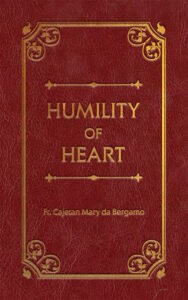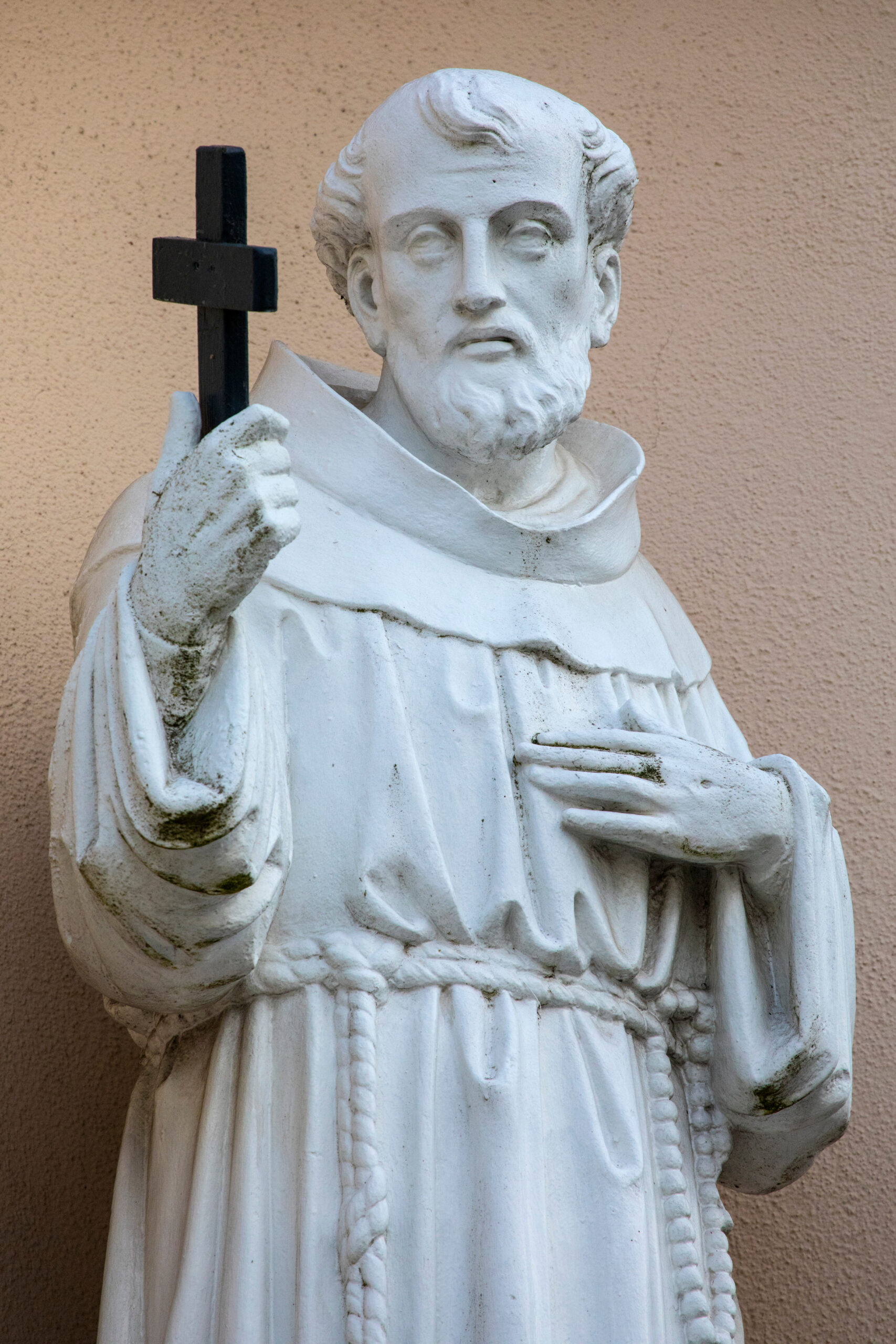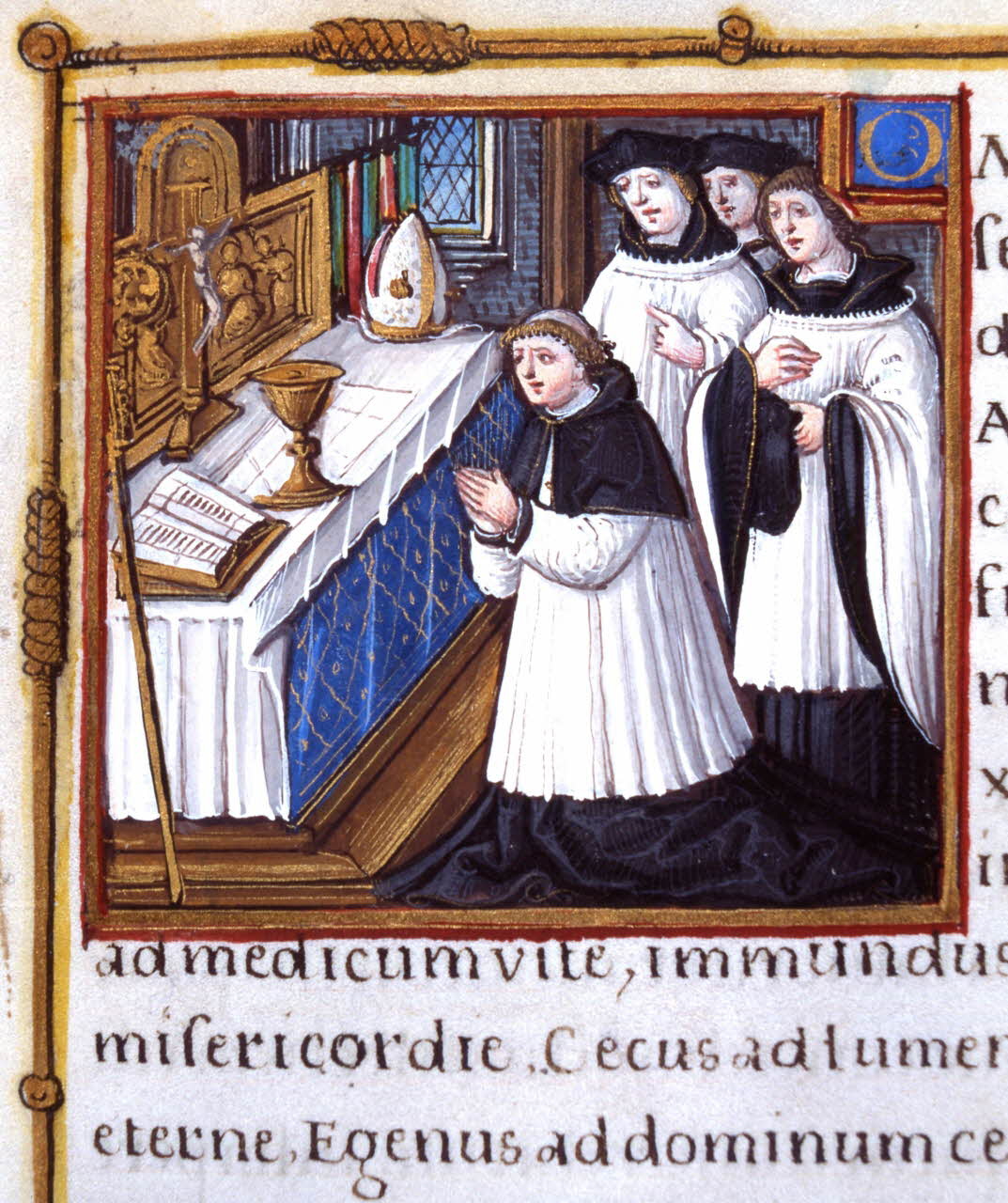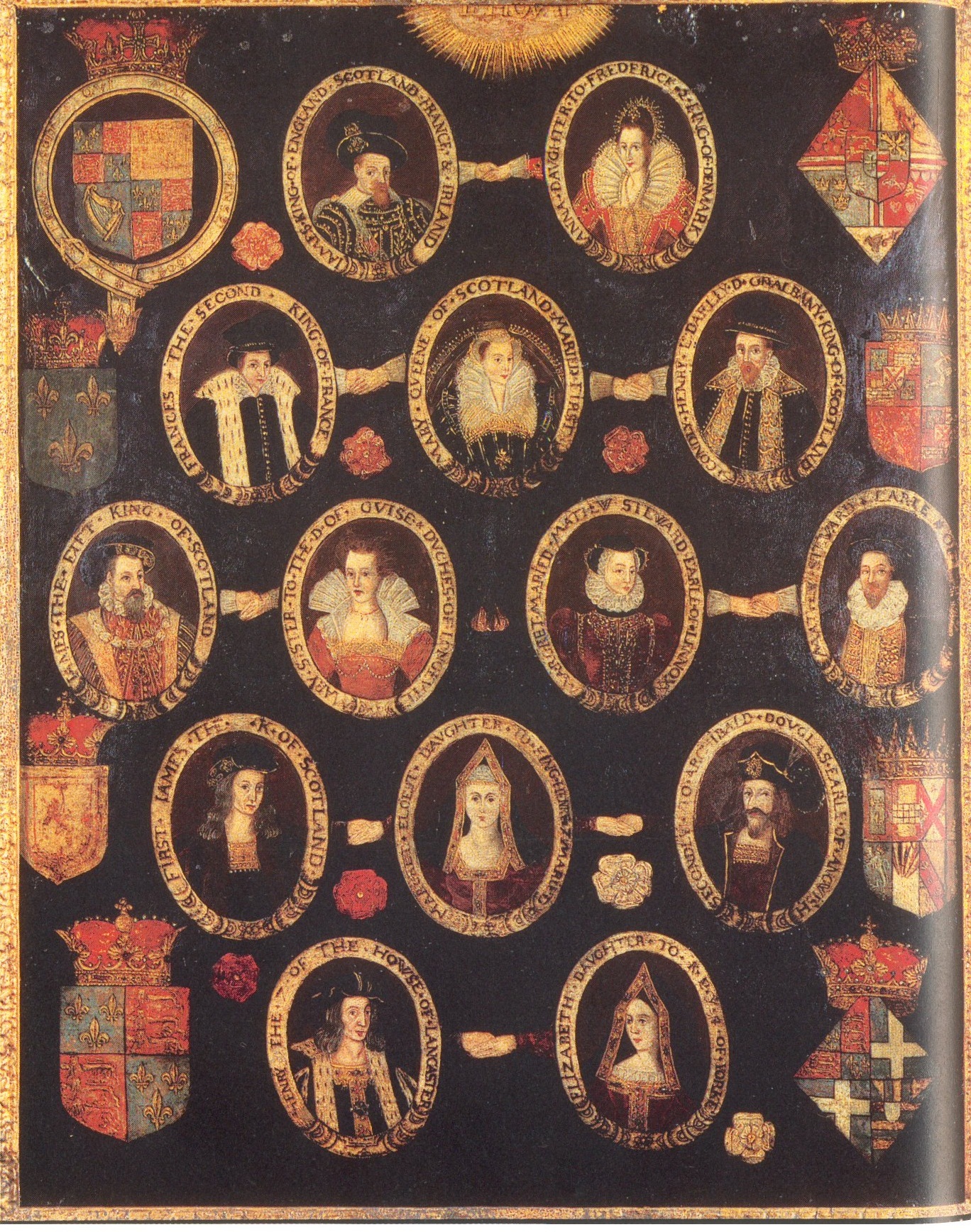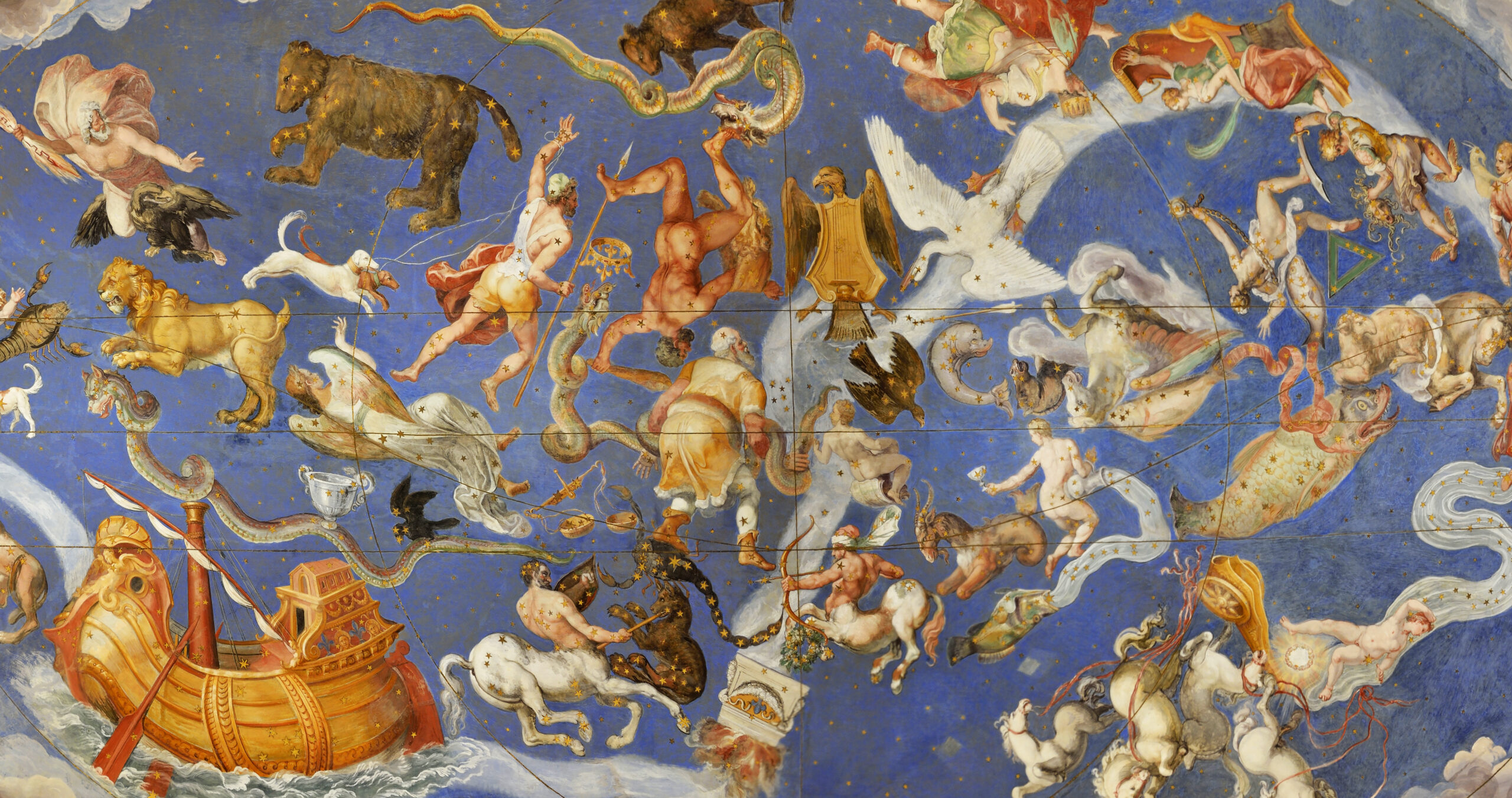If we wish to discern what belongs to God and that which is our own, it is sufficient for us to reflect that by rendering to God all that is His, nothing is left to ourselves but nothingness, so that we can truly say with the Prophet: “I am brought to nothing.” (Ps. 72:21). This is a true saying, that all that is within us that is more than nothingness belongs to God, and He can take away what is His when He chooses, without doing us any wrong. Therefore, in what can we pride ourselves, since God can take anything away from us the moment that we begin to glory in it?
For he who glories in his wealth may soon become poor; he who glories in his health may suddenly become infirm; he who glories in his knowledge may suddenly become insane; he who glories in his holiness may suddenly fall into some great sin. What vanity, what folly, then, to glory in that which is not our own, nor even in our power to keep! “What hast thou that thou hast not received?” (1 Cor. 4:7).
This reflection alone should suffice to make us humble, and it may be said that all true humility depends upon our persevering seriously in this thought. Oh, my Soul, thou shalt be humbled when, as God says by the Prophet, He will “separate the precious from the vile.” (Jer. 15:19). Thus the essence of humility consists in knowing how to discern rightly that which is mine and that which belongs to God. All the good I do comes from God, and nothing belongs to me but my own nothingness. What was I in the abyss of eternity? A mere nothing. And what did I do of myself to emerge from that nothingness? Nothing. If God had not created me, where should I be? In nothingness. If God did not uphold me at every turn, whither should I return? Into nothingness. Therefore, it is clear that I possess nothing of myself but nothingness. Even in my moral being, I possess nothing but my own wickedness. When I do evil, it is entirely my own work; when I do good, it belongs to God alone.46 Evil is a work of my own wickedness; good is a work of God’s mercy. In this way we separate the precious from the vile; this is the art of all arts, the science of sciences and the wisdom of the Saints.
This article is taken from a chapter in Humility of Heart by Fr. Cajetan Mary da Bergamo, which is available from TAN Books.
